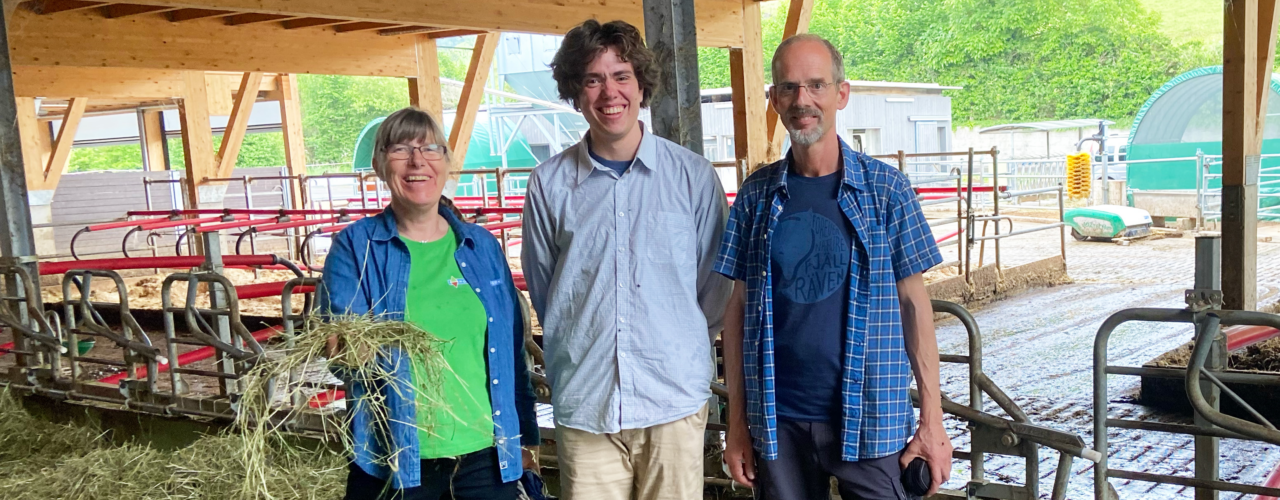
Balancing production and environment – PRONEV
This is an international project that develops tools to study the balance between agricultural production and environmental effects by optimizing the distribution of manure.
How can farmland be utlized as sustainably as possible?
Is it better to produce intensively within a limited area and have no production in other (surrounding) areas, or is it better to mix intensive and extensive production within the entire area?
The project will study the effect of ‘land spare’ versus ‘land share’. In land spare, the landscape is partitioned into areas with highly-productive agriculture and areas with extensive or no agriculture that provide other ecosystem services and functions. In land share, by limiting the overall farming intensity, the landscape is less partitioned and the whole area provides all ecosystem services, including agricultural production. This will provide a theoretical framework for deciding whether the balance between production and other ecosystem services for a particular region is best achieved using a land spare, land share or a mixed approach.
Contribution of Norwegian partners
The Norwegian partners will mainly work at farm level. PhD student Kristian Nikolai Jæger Hansen will use system analysis and data modelling to study the effects of intensified livestock production on:
- Greenhouse gas emissions
- Energy consumption
- Nutrient balance and biodiversity
As part of this work, we will investigate the effect of organic and agroecological methods as an alternative to intensive agricultural production.
Dialogue with agriculture
The project brings together farmer organizations and environmental authorities in the participating countries for discussions and exchange of experience. When aiming to create tools for a more sustainable future, it is important to have a good dialogue with authorities as well as farmers in order to understand the context in which the knowledge and tools will be used.
In addition to peer-reviewed scientific articles and a PhD thesis, the results of the project will be presented in short, specific videos and popular articles on PROENV's website and on the partners' social media channels. Relevant popular articles will be submitted to the European agricultural press for the widest possible reach.
